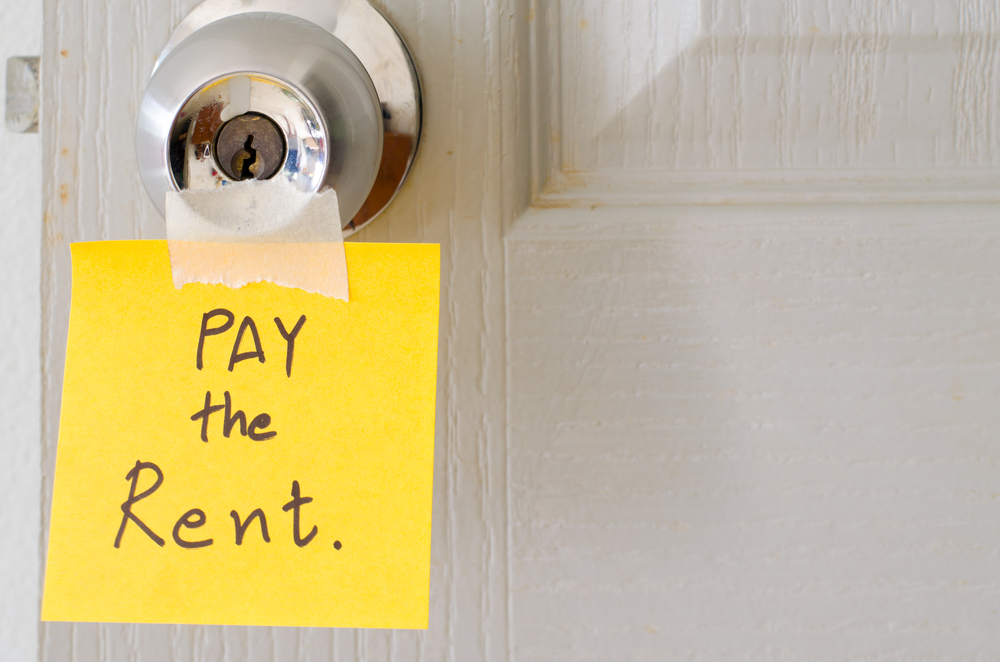
Around 56% of private renters relying on the benefit have this average three-figure gap a month, according to the landlord’s body
The landlord’s body says its study comes after the government froze housing benefit rates in cash terms last April, and calls on the administration to unfreeze the Local Housing Allowance to cover average rents.
The Local Housing Allowance is used to calculate the amount tenants can receive to support housing costs as part of a Universal Credit payment. During the pandemic, the government lifted the allowance in April 2020 so that it covered the bottom 30% of private rents in any given area. But this rate was frozen in cash terms last spring.
As a result of the freeze, housing benefit support is no longer linked to current rents, says the landlord’s body.
It says this means, “the number of properties that private renters in receipt of Universal Credit can afford will steadily decline”.
The association adds that currently this rental shortfall rises to almost 60% among renters with two children relying on Universal Credit.
Across the country, the proportion of tenants affected ranges from just over 40% in London – although based on a much higher number of claimants – to over 68% in Wales, the body says.
It also points to data that reports that 53% of adults who rent their home says that they cannot afford unexpected expenses, according to the Office for National Statistics data this week.
National Residential Landlords Association chief executive Ben Beadle says: “It is simply absurd that housing benefit support fails to reflect the reality of rents as they currently stand. All the freeze is doing is exacerbating the already serious cost of living crisis.
“The chancellor needs to listen and respond to the concerns of both renters and landlords and unfreeze housing benefits as a matter of urgency.”



